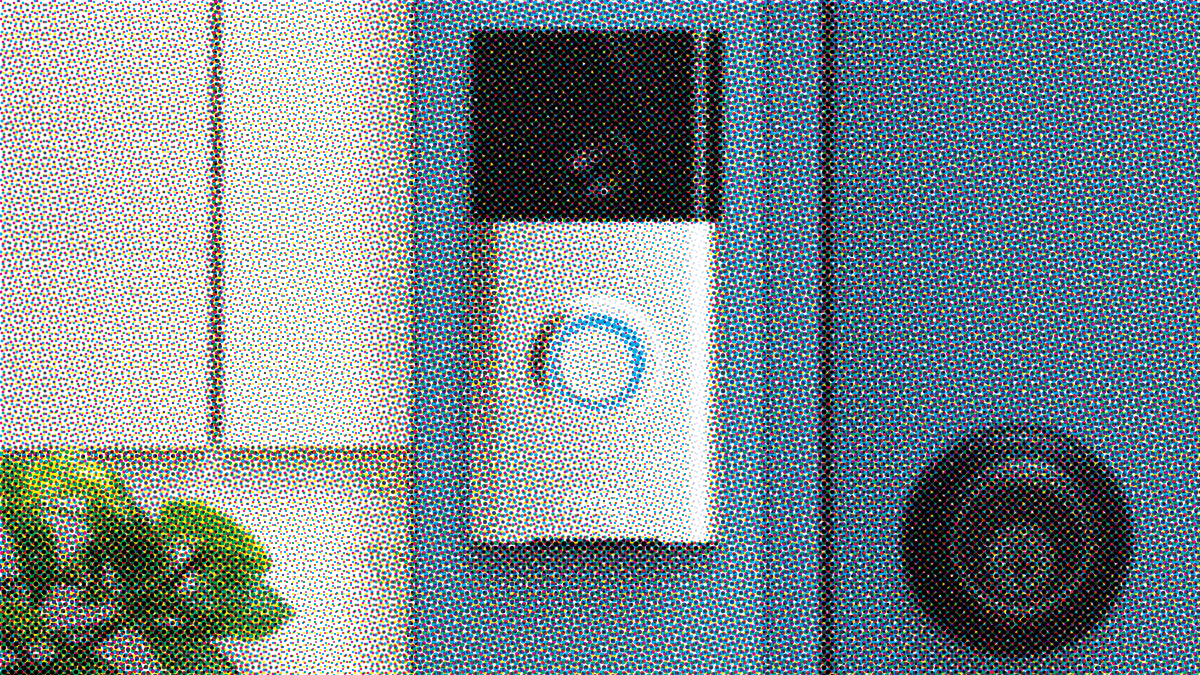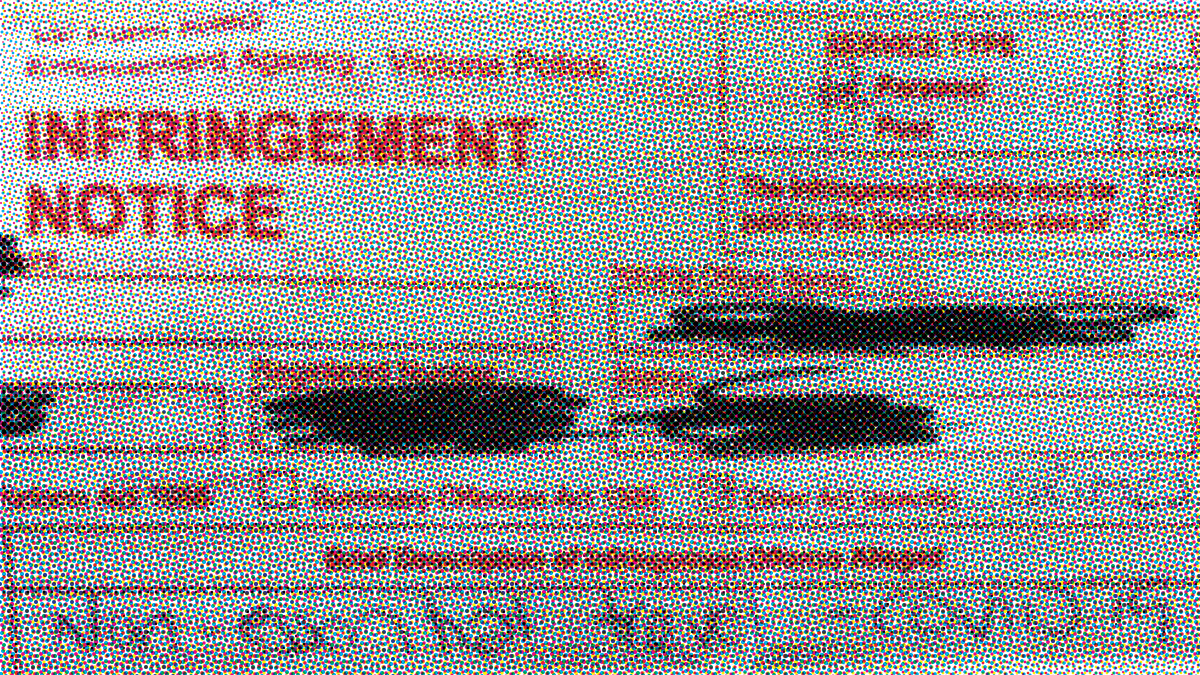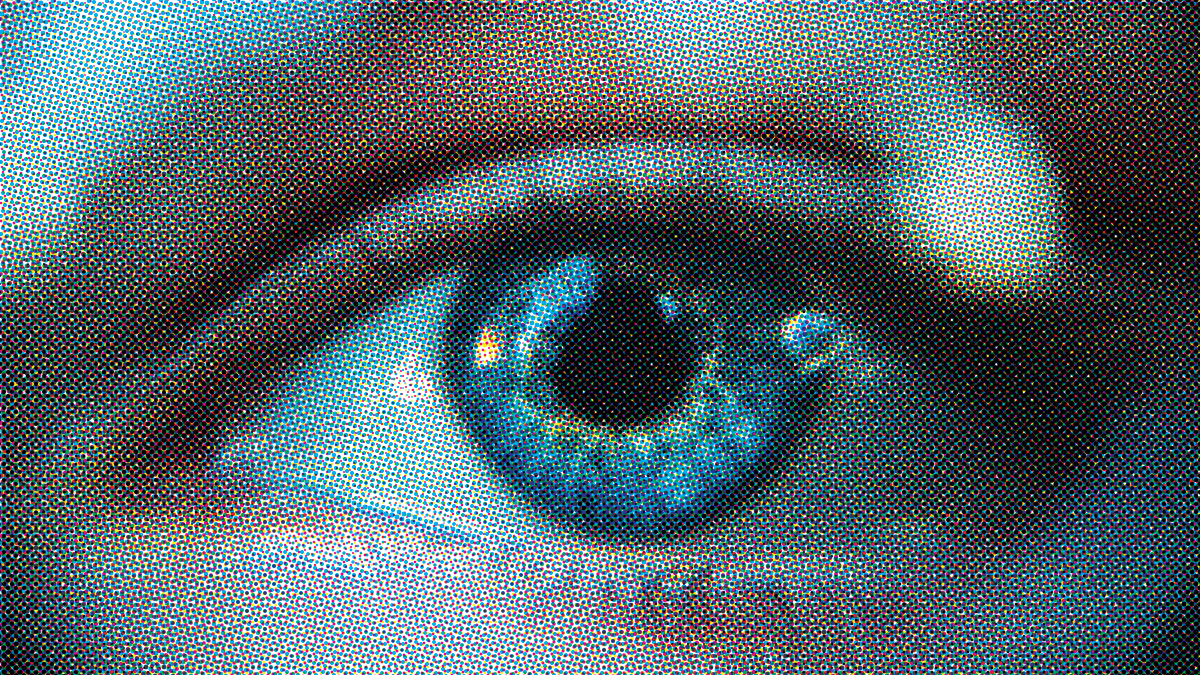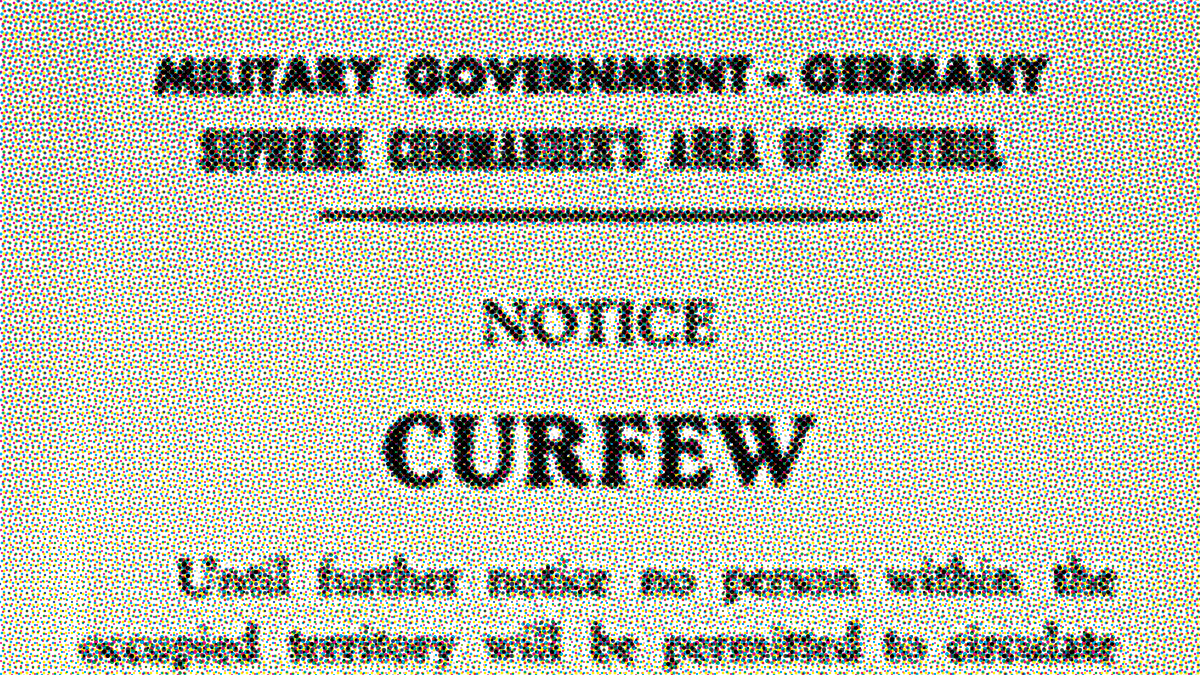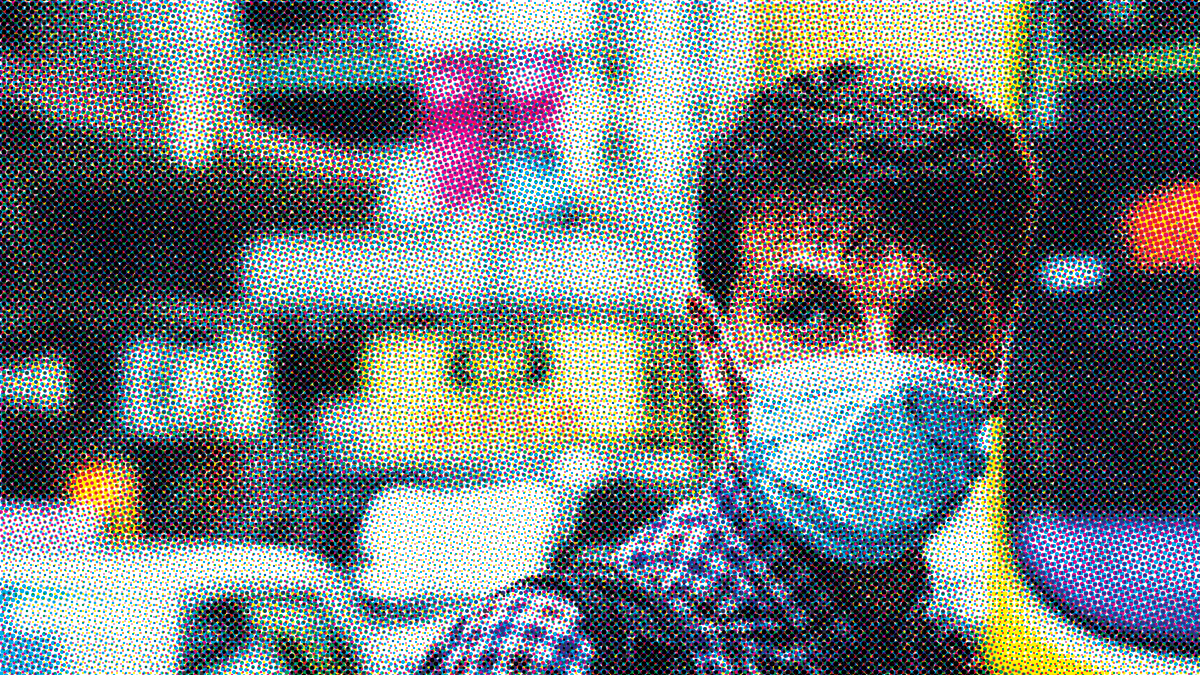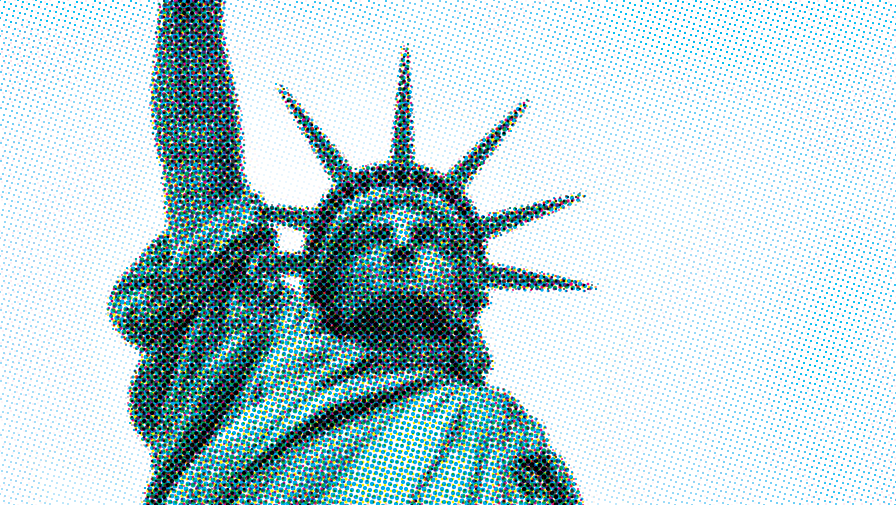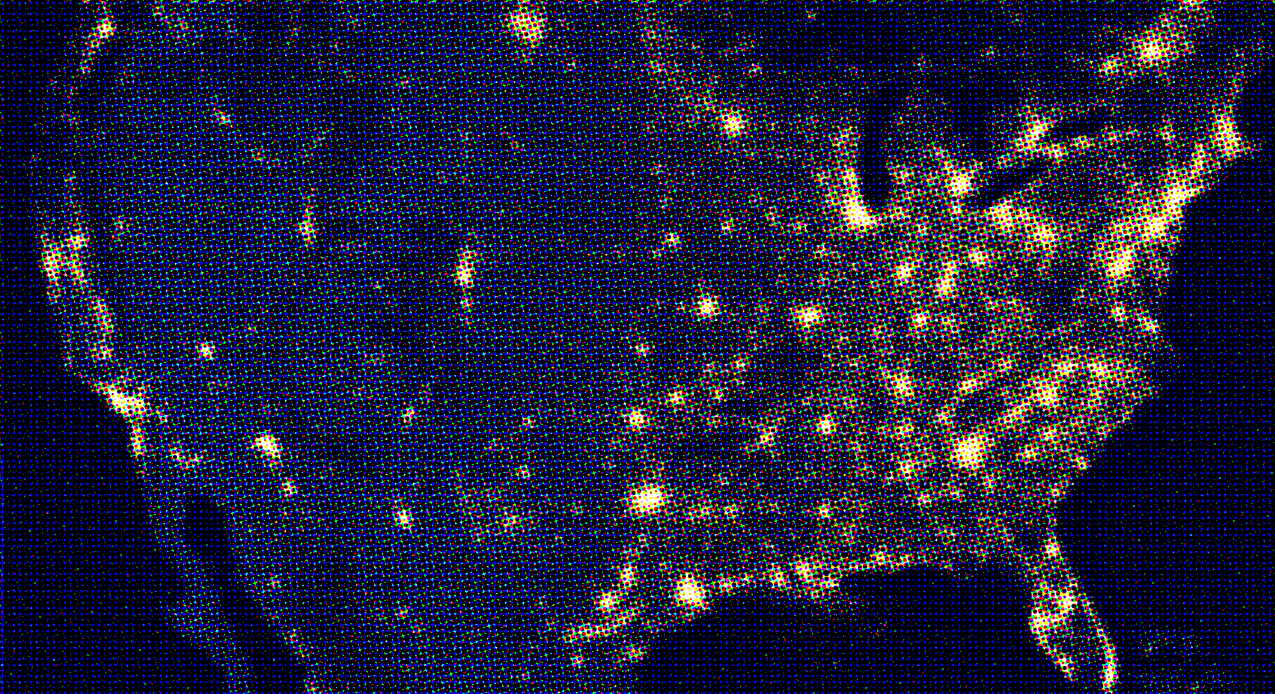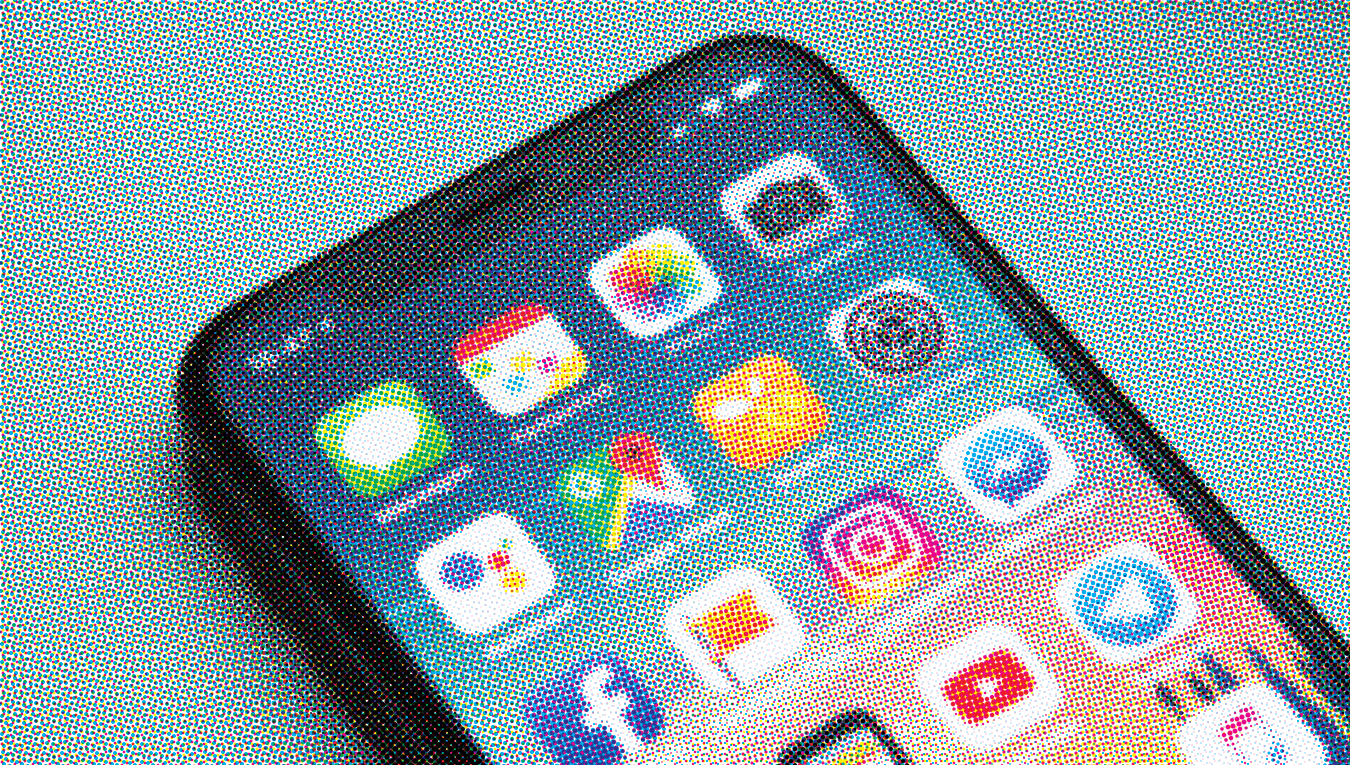A look at the Ring video doorbell, which started as a great idea to protect your home from burglars and which turned, with a little bit of help from Silicon Valley investors and your local police department, into one of the biggest surveillance nightmares of modern day urban life.
The coronavirus curfew has companies all over the globe scrambling to adapt to telecommuting. A massive beneficiary of this has been the teleconferencing company Zoom. But this company, in the best tradition of many a Silicon Valley startup, has a horrendous track record when it comes to security and privacy.
An update on the coronavirus situation around the globe and the beginnings of a strategy to avoid mandatory tracking.
All of us have become part of an economy that is built on completely eradicating our privacy, argues Katrina Gulliver in a landmark article published last year. It started after 9/11 and its getting much worse right now.
The Federal Republic of Germany has ordered the first curfew in the history of the country. Meanwhile, around the world, people are now being mandatorily tracked by their mobile phones and are spied on in home office isolation.
A look at the legislature that was hastily put in place, and the laws that were amended, to stop the spread of SARS-CoV-2 in Germany. What is happening here from a privacy and civil liberties perspective?
Sent to prison for a crime you didn't commit because the police got location data from Google – this isn't the plot of a novel or a hypothetical scenario. It's happened, multiple times, in the US already.
Google is moving the data of its UK users over to US servers, evidently to remove it from the jurisdiction of the EU's data protection laws. Is this actually the case? And what does that mean, in concrete terms, for Google users in the UK? Does the GDPR still apply?
TLS, sometimes referred to as HTTPS, is often held up as being very important for privacy reasons. In most cases that is true, but there are exceptions. And blindly arguing for every website to use it without understanding the wider implications also carries its dangers.
According to recent reporting, the US government is using aggregated location data from smartphone apps to track people. What does it mean and how do we protect against it?
